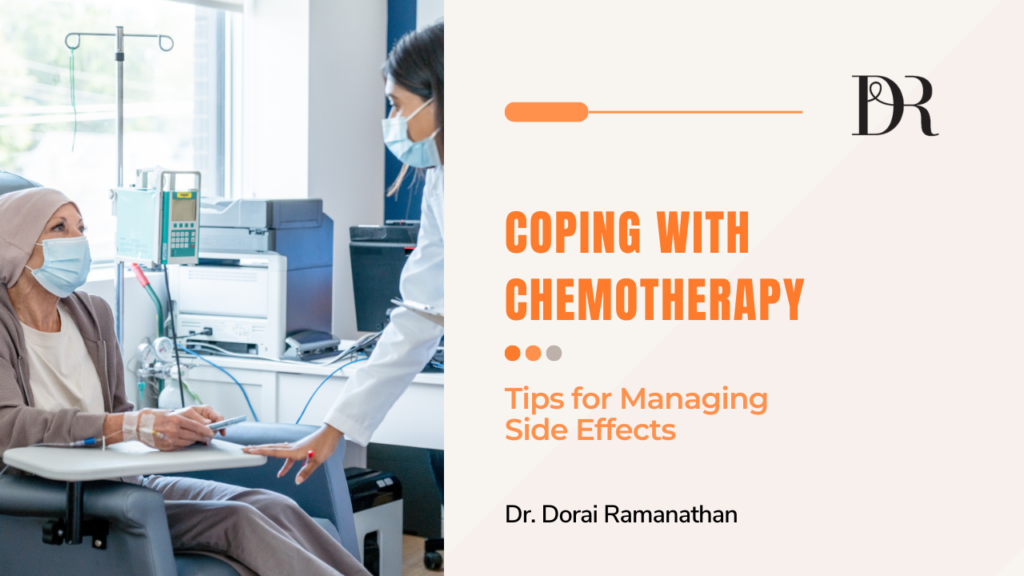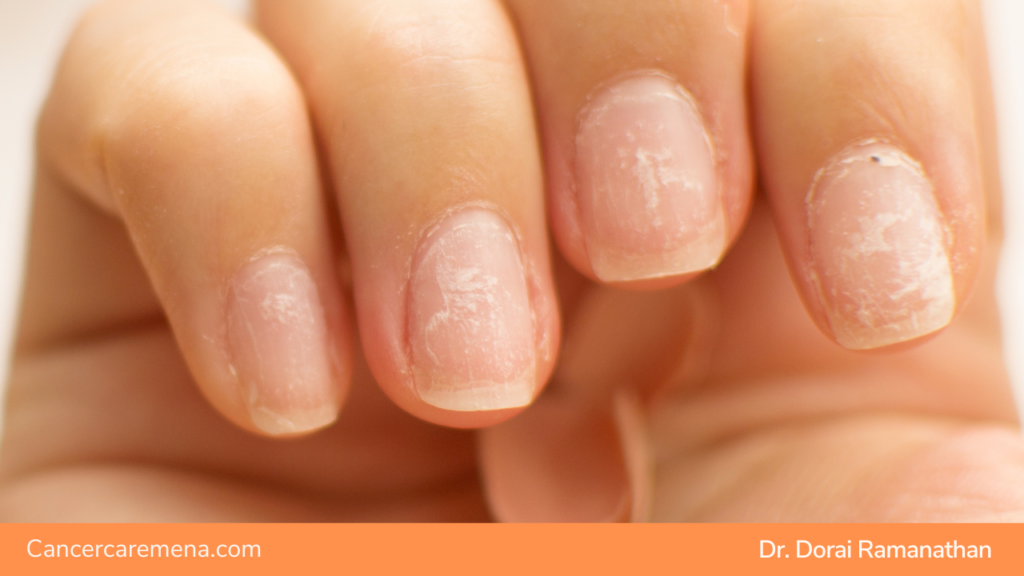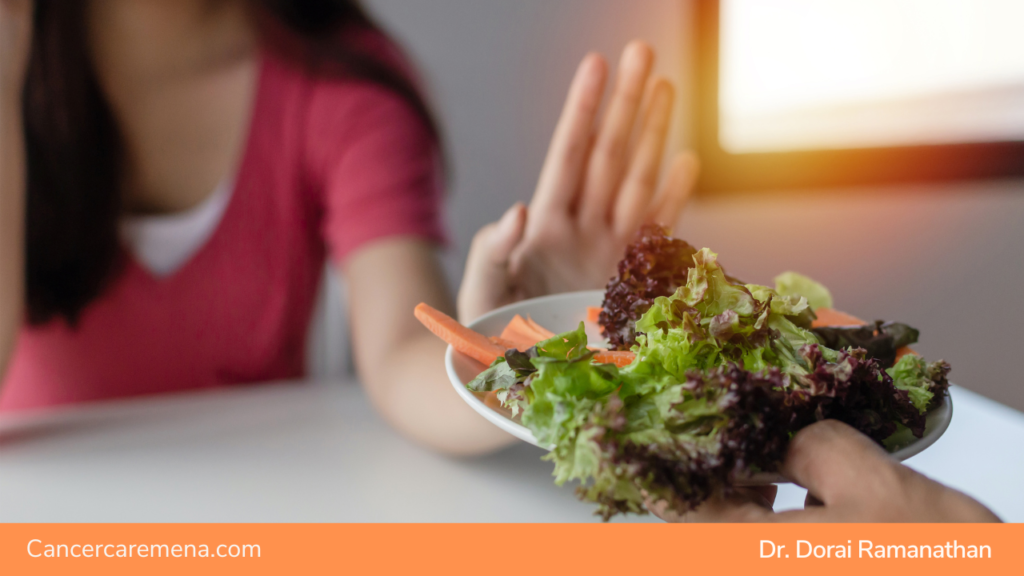
Chemotherapy is a critical component of cancer treatment, but it often comes with a range of side effects that can be challenging to endure. As patients undergo chemotherapy, they may experience various physical and emotional changes that can affect their overall well-being. However, with the right strategies and support, managing these side effects can become more manageable, allowing patients to focus on their treatment journey with greater comfort and confidence. In this blog, we will delve deeper into some common side effects of chemotherapy and provide practical tips on how to cope effectively, ensuring a smoother and more positive treatment experience for patients.
Nausea and Vomiting
Nausea and vomiting are among the most common side effects of chemotherapy, causing discomfort and disrupting daily activities. To alleviate these symptoms, consider taking anti-nausea medications as prescribed by your healthcare team. Additionally, eating small, frequent meals and opting for bland, easily digestible foods can help ease these feelings. Stay hydrated by sipping clear fluids, ginger tea, or peppermint tea, which may have soothing effects on the stomach. If nausea persists or worsens, don’t hesitate to consult your medical team for potential adjustments to your medication or additional management options.

Fatigue
Chemotherapy can lead to extreme fatigue and a constant feeling of tiredness, impacting a patient’s ability to perform daily tasks. Prioritize rest and listen to your body’s cues, allowing yourself to take naps or breaks when needed. While gentle exercises like walking or yoga can help combat fatigue and improve overall well-being, it’s essential to discuss an appropriate exercise plan with your doctor to avoid overexertion. Don’t hesitate to seek support from family and friends to lessen the burden and create space for adequate rest and self-care.
Hair Loss
Hair loss is a visible side effect of chemotherapy that can significantly impact a patient’s self-esteem and body image. To prepare for this change, consider getting a shorter haircut before starting treatment, making hair loss less emotionally distressing. Embrace stylish headwear options like wigs, scarves, or hats to boost confidence and feel more comfortable in public. Remember, hair loss is temporary, and your hair will likely grow back after treatment, providing reassurance during this challenging time.

Skin and Nail Changes
Chemotherapy can cause changes in the skin and nails, resulting in dryness, sensitivity, and nail discoloration. Opt for gentle and fragrance-free skincare products to keep your skin hydrated and protected. Avoid exposing your skin to extreme temperatures and direct sunlight, as it may become more sensitive during treatment. For nail care, keep them short and protect them from trauma. Avoid using nail polish or acrylic nails, as they may worsen nail issues. Seeking advice from your medical team or a dermatologist can help you develop a suitable skincare routine to address these side effects.
Loss of Appetite and Taste Changes
Chemotherapy can alter your sense of taste and lead to a loss of appetite, making it challenging to maintain proper nutrition. To combat these changes, experiment with different flavors and textures to find appealing foods. Eating smaller, more frequent meals and focusing on high-protein and nutrient-dense foods can be beneficial. Consider smoothies or soups if eating solid foods becomes challenging. Staying hydrated is essential, so make sure to drink plenty of water and fluids throughout the day. If nutritional concerns persist, seeking guidance from a registered dietitian can provide tailored advice to support your dietary needs during treatment.

Emotional Support
Emotional support is crucial during chemotherapy, as it can be an emotionally taxing experience for patients and their loved ones. Talk to friends, family, or join a support group to share your feelings and concerns. Many cancer centers offer counseling or support services to help patients and their families navigate the emotional aspects of cancer treatment. Remember, it’s okay to have both good and bad days, and seeking professional support can provide coping strategies to manage emotions effectively. Emotional well-being is an integral part of the treatment process, and taking care of your mental health is just as important as managing physical side effects.
Communicate with Your Medical Team
Maintain open and honest communication with your medical team throughout chemotherapy. Discuss any side effects or concerns you may have, no matter how minor they may seem. Your healthcare providers can offer valuable advice, adjust medications, or recommend supportive treatments to improve your quality of life during treatment. By working closely with your medical team, you can develop an individualized approach to managing side effects and optimizing your overall treatment experience.
Coping with chemotherapy is a journey that requires patience, resilience, and self-compassion. By being proactive in managing side effects and seeking support, you can enhance your well-being and focus on your recovery. Remember that every person’s chemotherapy experience is unique, and side effects can vary from person to person. Your medical team is there to support you every step of the way, so don’t hesitate to reach out for help when needed. Together, you can navigate through chemotherapy and work towards a brighter and healthier future beyond cancer.



